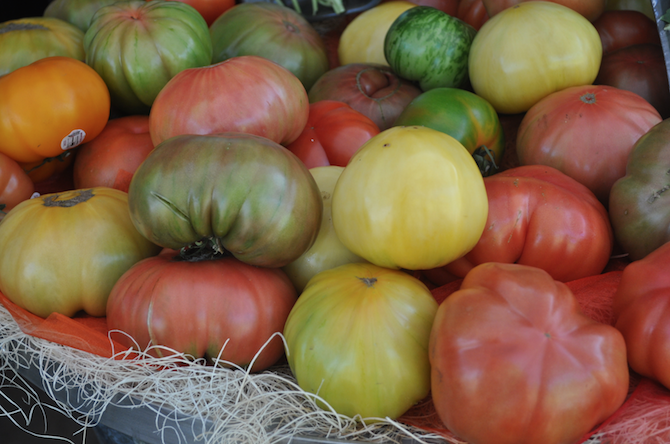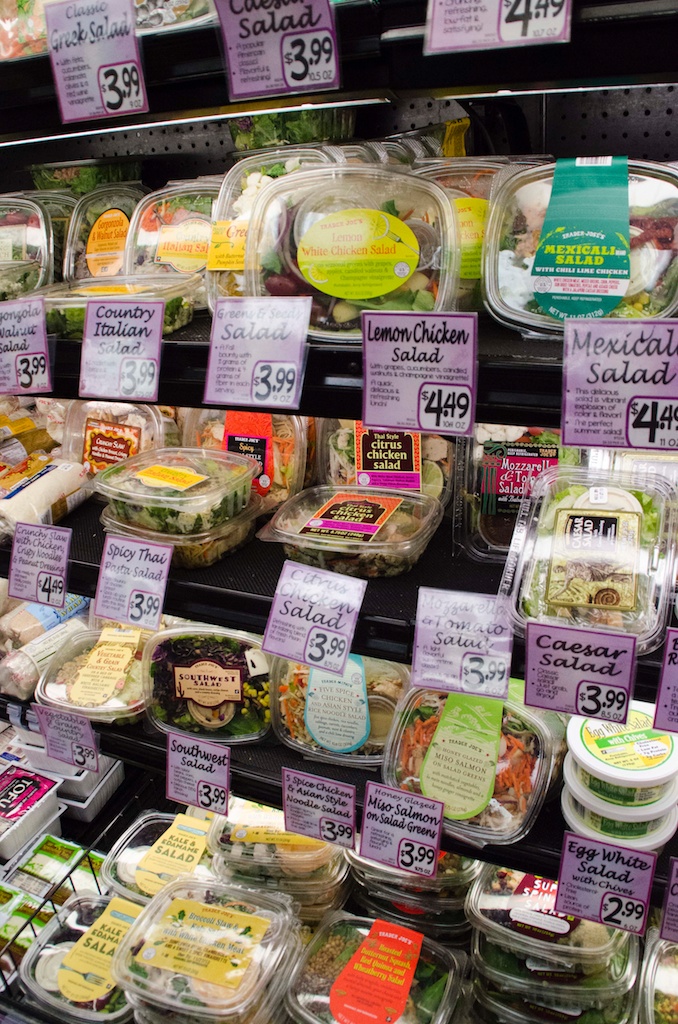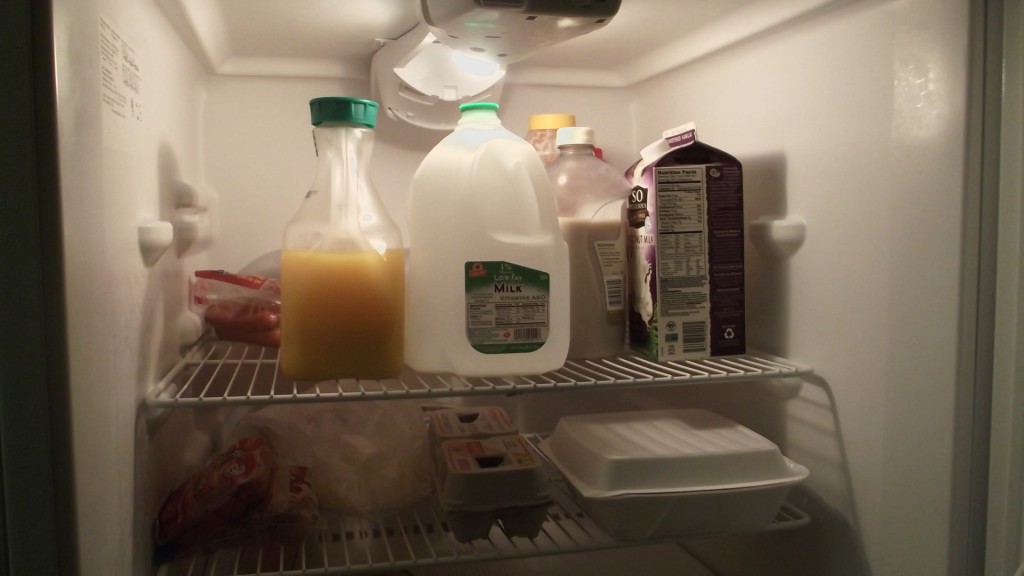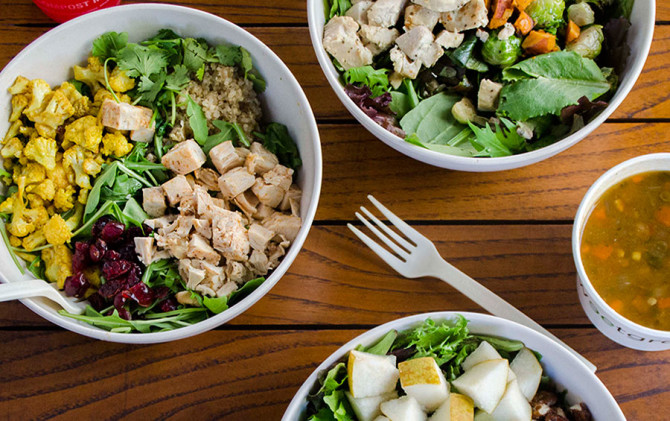According to NPR news, Americans are throwing away nearly one-third of our available food. In a world with 795 million people, this type of careless behavior towards food is unacceptable and must be rectified.

Photo by Annie Madole
The first step in eliminating food waste is to understand exactly what “food waste” is and what it means. Food waste, also called food loss, refers to all food that is discarded, lost or uneaten. Food waste is in full swing at every stage of food production. Whether food is being processed, sold or consumed, food waste is most likely taking place. Of course, we have little to no ability to control the methods of food processing, but when it comes to buying and consuming food, there is a lot that you can do.
Food Shopping

Photo by Becky Hughes
Planning is important when shopping for groceries. Making a grocery list before going to the store helps to avoid impulse buying. When you walk into the store with your mind made up about what you need, you end up only buying food that you need and that you know will be consumed. When you have a need and a plan for the food you buy, less will go to waste. Additionally, remember to think about the amount of food you will consume. If you live alone, don’t buy 5 bushels of bananas and expect to eat them in a week.
Another grocery store tip is to avoid turning your nose up to “ugly produce.” This is what a lot of people call produce that isn’t the most attractive. The oddly shaped carrots or slightly bruised apples taste just as good as the more attractive ones and typically, these are thrown out because no one wants to buy them.
Food Consumption
At Home:

Photo by Liz Green
There are a lot of ways that you can reduce food waste when it comes to consumption. One method to make sure that food does not go bad is to implement the “first in, first out” rule. Try to store older products in the front of the fridge and pantry and pay attention to expiration dates when you are eating — try your best to eat the food that is going to spoil sooner, first.
Additionally, it is important to understand expiration dates. What many people do not realize is that the expiration date is typically meant to signify the peak time to eat the food — not the date that it spoils. As long as the food is stored properly, it is generally safe to consume food when it is a few days past its expiration date.
Another way to avoid having to dispose of spoiled food is to plan meals around the foods you have that will soon be going bad. If you know that you have certain items that will be spoiled by the end of the week, make sure to eat them while you still can, instead of planning meals that require you to buy new food items.
At Restaurants:

Photo by Becky Hughes
When it comes to eating out, make it a point to actually eat your leftovers. This concept applies when eating meals at home too. Most people will pack up leftovers and store them in the fridge for “later” and when that “later” never comes, the food is wasted and thrown out. Make a plan to eat leftovers for lunch or dinner the next day to avoid having leftovers go to waste.
Splitting meals can also be helpful in reducing food waste. If you know that a restaurant has particularly large portions, or that you won’t be able to finish your meal, ask to have one meal split onto two plates for you and a friend.
Reducing food waste is simple, it is just a matter of making a few small changes to your eating habits. It is imperative that we all start to make an active effort to redress the impacts of food waste in the world. Keep in mind these tips the next time that you are grocery shopping, making meals at home or eating out.




